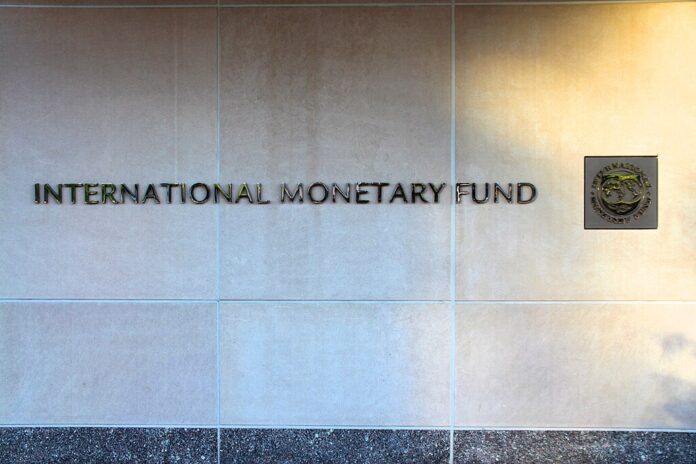The IMF has set a deadline for Pakistan to roll over a $12 billion loan and address a revenue shortfall to secure its bailout package
On September 5, 2024, the International Monetary Fund (IMF) set a stringent condition for Pakistan to secure its bailout package: the country must roll over a $12 billion loan by next week. This demand is coupled with a directive to address a significant revenue shortfall for September.
In a virtual meeting, the IMF conveyed its expectations to Pakistan’s finance ministry. The discussion also touched on the revenue shortfall, which has been a persistent issue. Finance ministry sources revealed that while the meeting focused on securing the external financing approval, no specific deadline was set by the IMF Executive Board.
Embed from Getty ImagesPakistan has been actively seeking support from friendly nations to facilitate the debt rollover. The IMF has insisted that the process be completed within the week to maintain the bailout agreement. Furthermore, the fund has expressed concern over the country’s revenue performance. If Pakistan fails to bridge the revenue gap, the IMF has indicated that it will require a detailed plan from the Federal Board of Revenue (FBR) outlining strategies to meet the revenue targets.
The IMF’s stipulations come as part of a broader effort to stabilize Pakistan’s economy, which has faced mounting challenges including fiscal deficits and economic instability. The international financial institution’s demands reflect its focus on ensuring that Pakistan addresses its immediate financial issues while committing to longer-term economic reforms.
Analysis:
Political: The IMF’s conditions are set against a backdrop of political tension in Pakistan. The government faces significant pressure to meet these requirements amid domestic political instability and criticism. The need for a $12 billion loan rollover and a solution to the revenue shortfall are likely to become key issues in political discourse, influencing both government strategies and opposition critiques. The outcome of these negotiations may also affect the ruling party’s standing and its ability to maintain political support.
Social: The IMF’s demands have social implications, particularly for the general public. If the government is unable to secure the bailout package, it could lead to austerity measures or other economic adjustments that directly impact citizens. This could exacerbate public dissatisfaction, particularly if it leads to increased taxes or reduced public services. The need to address the revenue shortfall may also result in heightened scrutiny of the government’s fiscal policies and their effects on ordinary people.
Racial: While the immediate focus is not on racial issues, the economic challenges facing Pakistan often intersect with broader social disparities. The impact of IMF conditions may disproportionately affect marginalized communities, who are generally more vulnerable to economic shocks. Additionally, if the bailout package leads to structural reforms or austerity measures, these could exacerbate existing inequalities within the country.
Gender: Gender dynamics could be influenced by the economic adjustments required to meet the IMF’s conditions. Women, particularly in lower-income households, might be more affected by changes in social services or increases in the cost of living. Economic instability can often hit women harder, especially those who are already economically disadvantaged or in informal employment sectors.
Economic: Economically, the IMF’s conditions place significant pressure on Pakistan to stabilize its financial situation. The demand for a $12 billion loan rollover and the need to address a revenue shortfall are critical to securing the bailout package. Failure to meet these conditions could jeopardize the country’s economic stability, affecting everything from government spending to investment flows. The IMF’s insistence on these measures highlights the broader challenge of balancing short-term financial needs with long-term economic reforms.
